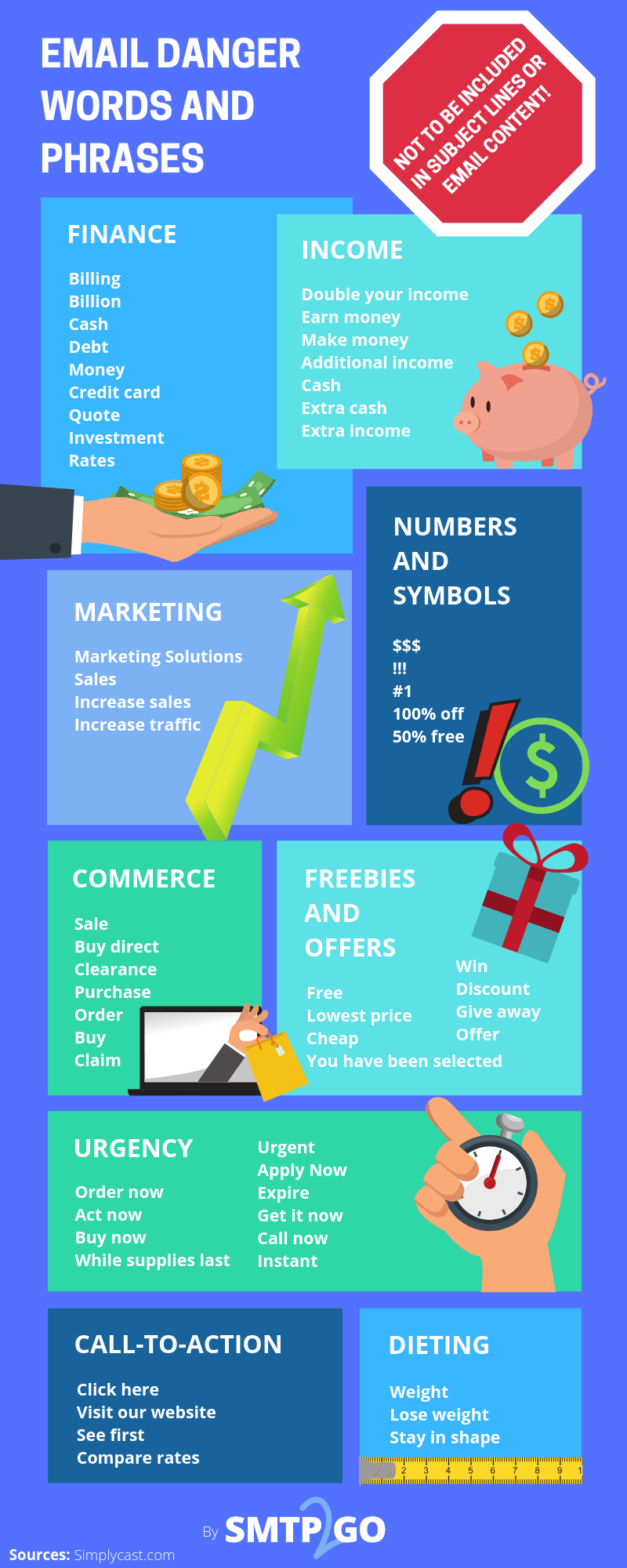
This will help her learn better speaking skills and helps with future reading and writing skills. Spend time speaking to your child in complete sentences, using “grown-up” words.Teach your child to play outdoor games with friends, such as tag, follow the leader, and hide and seek.Continue to teach your child skills to play with others, such as using words, sharing toys, and taking turns.Let her choose what to wear, play, or eat for a snack. Give your child choices that are simple and healthy.This will help your child learn about numbers and counting. Count simple things, such as fingers, toys, or bananas.If you don’t know the answer, say “I don’t know,” or help your child find the answer in a book, on the Internet, or from another adult. Take time to answer your child’s “why” questions.Join him in pretend play, such as eating the pretend food he cooks. Give your child toys or things that encourage his imagination, such as dress-up clothes, pots and pans to pretend cook, or blocks to build with.Children this age need 10 to 13 hours of sleep a day (including naps). Avoid any screen time (TV, phone, tablet, etc.) for 1 to 2 hours before bed and don’t put any screens in your child’s bedroom. Let her see you enjoying healthy foods, such as fruits, vegetables, and whole grains, and drinking milk or water. Eat meals with your child when possible.Playing with others helps you child learn the value of sharing and friendship. Ask about local play groups and pre-school programs. Let your child play with other children, such as at a park or library.Do you want to go outside and play or put on some music and dance?” Give her a choice of what she can do instead. Tell your child in a simple way why she can’t do something you don’t want her to do (“unwanted behavior”).For example, say “You’re sharing that toy so nicely!” Give less attention to those you don’t want to see.

Use positive words and give attention to behaviors you want to see (“wanted behaviors”).For example, when he sees a child who is sad, say “He looks sad. Help your child learn about others’ feelings, and about positive ways to react.For example, help your child say, “Can I have a turn?” instead of taking something from someone. Encourage your child to use “his words” to ask for things and solve problems but show him how.Then you can play on the go, even with no Internet connection.įinally, I love feedback! If you have any input on the word lists, whether they’re too hard or too easy or too short or anything, I’d love to hear! I’d love to hear requests, too, if you have a new game or category you’d like to see. My amazing husband also made an iPhone app with all the same content.
#My most used words app danger generator
(The Categories will change based on the Game you select, and often include levels, like Easy words, Medium words, and Hard words, or might have a listing of specific holidays.) Then just click New Word and you’re good to go – the word generator will give you a game word from the list and you can play! Here’s how it works: First, select a Game (the game menu also includes a Holiday option).
#My most used words app danger plus
I had word lists for pictionary, charades, and other games, and visitors seemed to really like them! So I got to thinking, what’s one step better than a printable list of words for playing pictionary? An online word generator! Here I’ve taken all the words on my printables, plus hundreds more, and combined them into different categories for playing games like pictionary, catchphrase, charades, or any other game you want. When I was putting together this site of games, I discovered that my printable word lists became very popular.


 0 kommentar(er)
0 kommentar(er)
